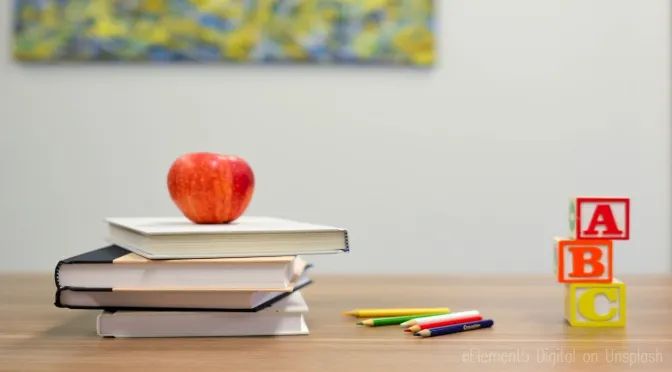
Parent-Teacher Conferences: Attitude, Approach, and Etiquette
While October brought you pumpkin spice lattes and beautiful colors, November brings parent-teacher conferences, turkey, and perhaps some early Christmas decorations. Before we jump into the holiday season, let’s talk about adulting and those parent-teacher conferences. • What are they? • How should a parent or guardian approach them? • What kind of attitude do I need to have? I asked some veteran parents and teachers what advice they would offer to those preparing for parent-teacher conferences; their advice seems to apply across all age groups and grade levels. Here is what I learned:Michele Feeley, parent of four children ranging ages 6 to 17, describes parent-teacher conferences as “Short bursts of time where teachers give positives about your child and include some areas the child can work on to improve.” Given that these conferences are “short bursts of time” scheduled back-to-back, there is an overwhelming consensus that being on time for parent-teacher conferences is one of the most important things a parent or guardian can do. Mrs. Jamie Garvey, who estimates she has attended over 1,200 parent-teacher conferences in her 40 years of teaching, explains, “Schedules are so tight that even five minutes can affect many other conferences.”
Likewise, do not stay over your allotted time. One way to do this is to communicate with teachers prior to conference time. Conferences should be a continuation of a conversation that starts before parent-teacher conferences. Mrs. Garvey explains, “Conference time should not be the first time teachers have talked with parents. It should be a time to continue the conversation on how to best help their child.” Michele also notes, “I’ve found that emailing or visiting quickly with teachers before the first conference is helpful so you are aware of any issues before the first few weeks have flown by.” If a conversation has not been initiated prior to the first conference and you need more time, request a follow-up meeting.
Most teachers use email and apps that make this pretty simple - even a quick message through Class Dojo, for example, can go a long way.
Michele adds that thinking of parent-teacher conferences as part of a continued conversation can help maintain tight conference scheduling while also cultivating a “partnership” between parents and teachers. Both parents and teachers are experts when it comes to their children/students. Sharing and trusting in the unique perspectives that parents and teachers have about a child is a good start to creating a strong partnership. Asking for clarification is another way to develop a partnership with your child’s teacher. Mrs. Garvey, who is also the Director of Mentoring for the Laurel School District and a Mentor for the National Board Certification, explains that parents should “Come with an open mind. Often times, a parent will come into a conference not happy with something and they want to confront rather than ask for clarification. Most of the time it is a misunderstanding and can be easily worked out.”
With that said, it is also a good idea to come to a parent-teacher conference with a couple of specific questions to ask. When thinking about what kind of questions to ask, you should develop questions that come from a curious mindset. What are you curious (as opposed to angry or irritated) about with regard to your child’s school performance? Colton Arneson, a local second grade teacher who is working on his Doctoral Education degree, says that one of his favorite questions a parent can ask is, “What can we/I do at home to help our child?” Mrs. Garvey also suggests asking your child if there is anything they want to have brought up during the meeting. Letting your child know that they are part of the process and that their voice can be heard is valuable for the parent-child and teacher-student relationships.
In sum, my best advice for parent-teacher conferences is as follows:
- Be on time
- Do not go over your allotted time frame
- Continue the conversation
- Cultivate a partnership
- Clarification over confrontation
- Come with curious questions
- Ask your child if there is anything they want discussed
about the author...Ashlynn is wife, mom of three littles, and Visiting Assistant Professor of English at Rocky Mountain College. She is an introvert who is uncharacteristically social and loves family, learning, travel, animals, and all things Montana.
